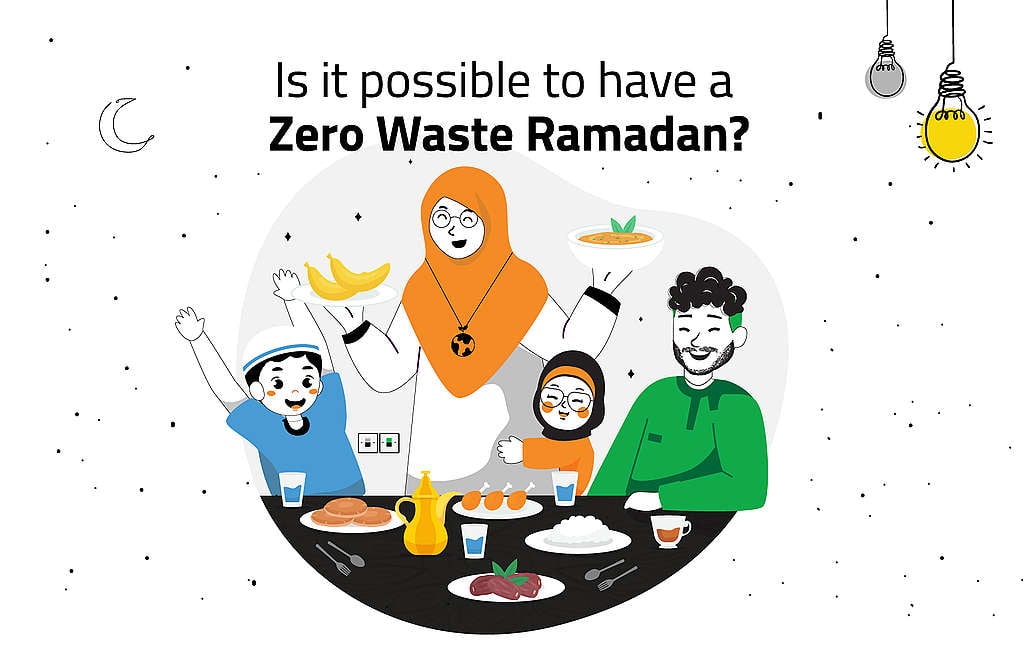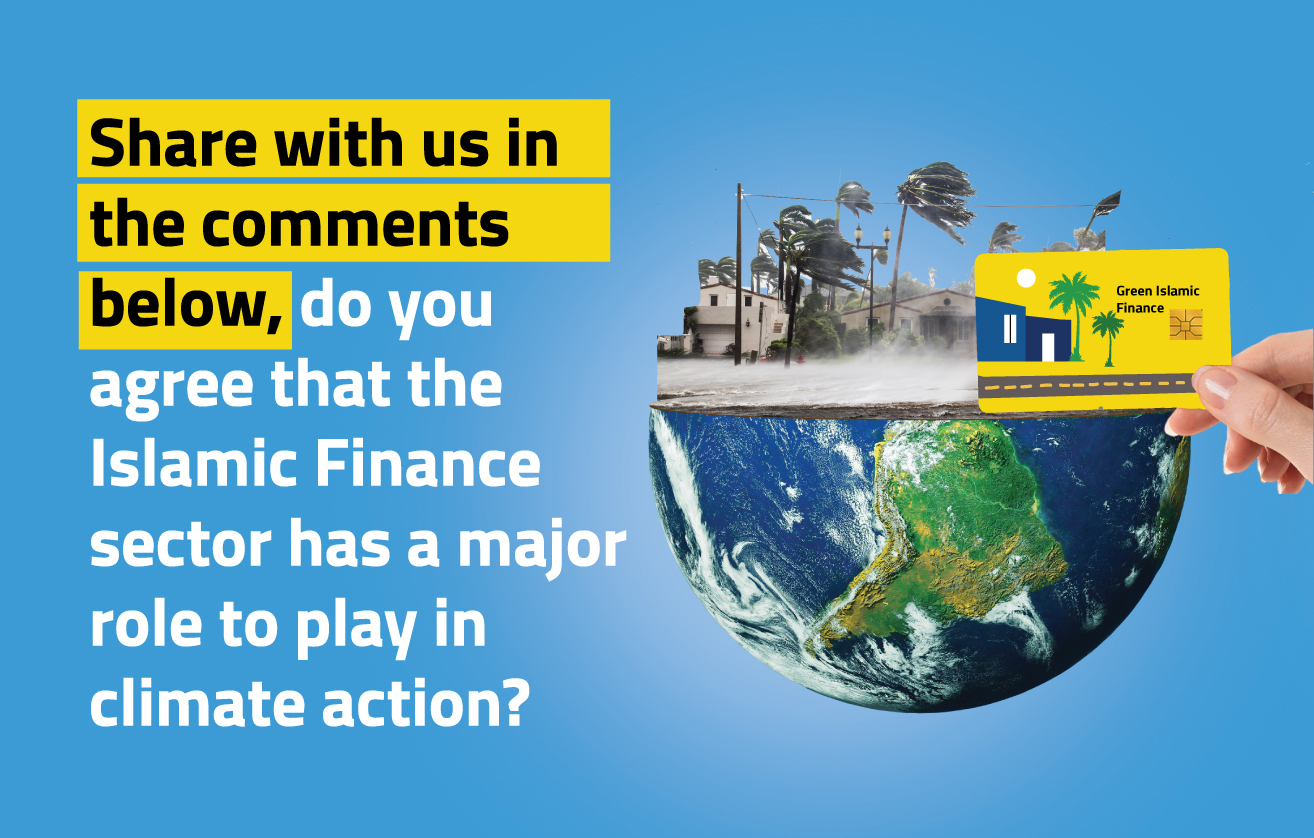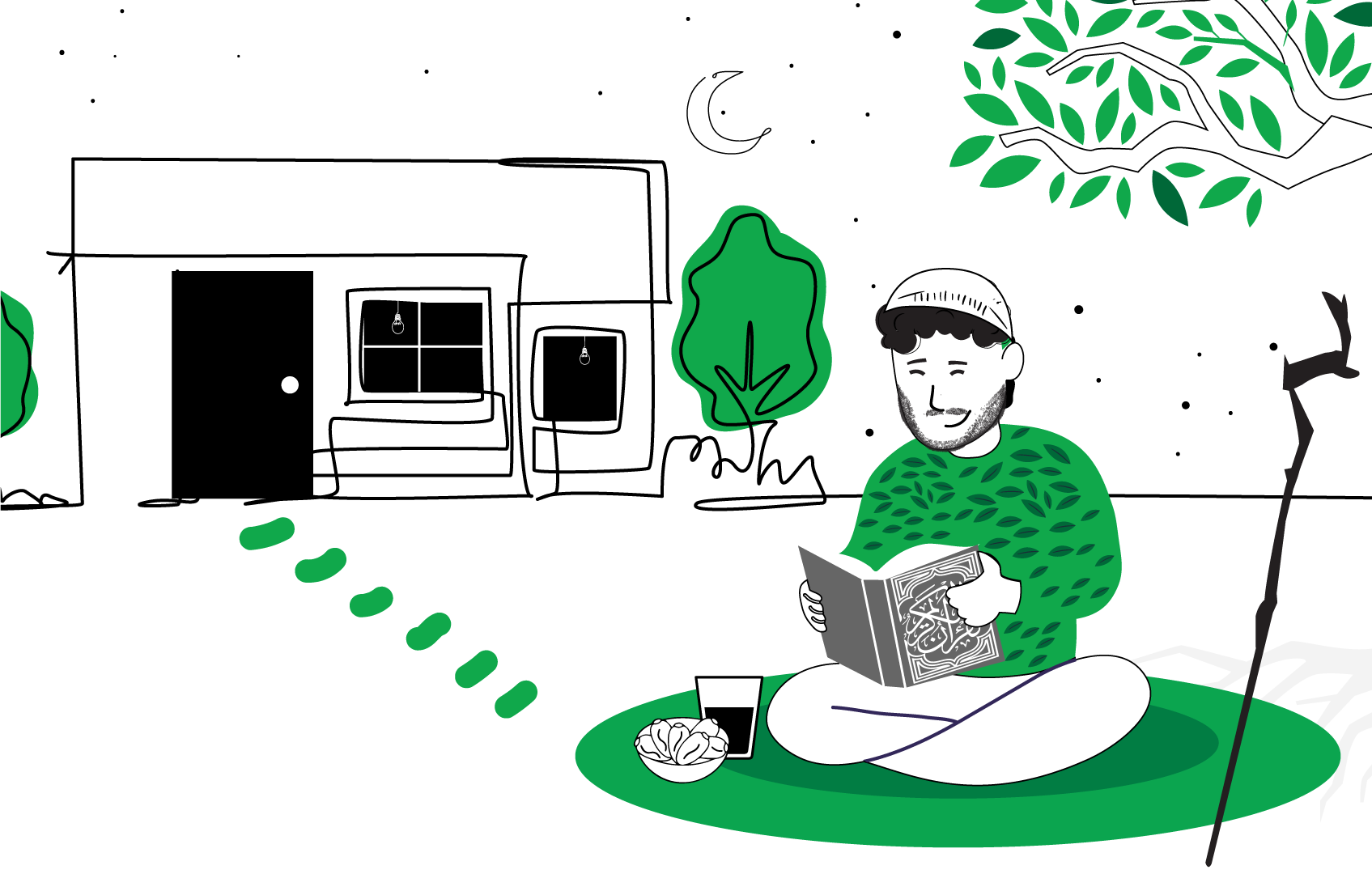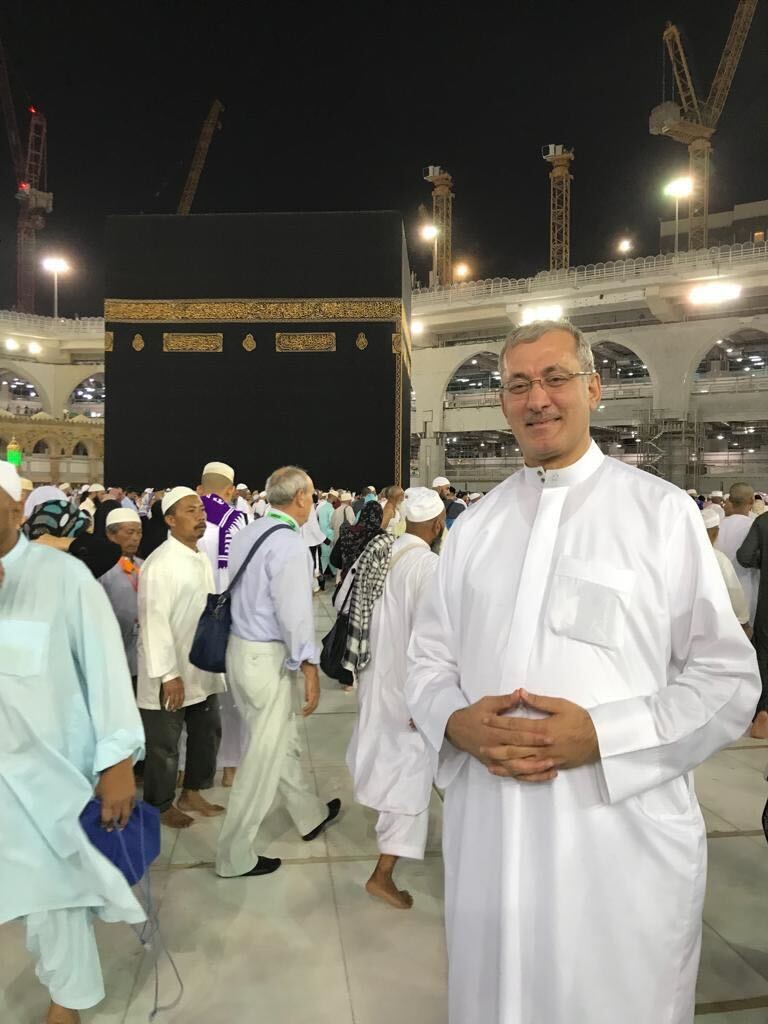
The United Nations General Assembly (UNGA) recognized on the 14th of December 2022 the importance of zero-waste initiatives and proclaimed 30th of March as the International Day of Zero Waste and a day that will be observed on an annual basis as of March 30 2023. The rationale behind the day can be broken down into two parts:
- Encouraging Member States, organizations of the United Nations system and relevant stakeholders, to implement zero-waste initiatives at local, regional, subnational and national levels”
- Recognizing the current efforts done on Zero Waste initiatives, and shedding light on the success stories.
Zero waste is a philosophy and approach to waste management that aims to eliminate all waste sent to landfills, incinerators or the environment, and instead promote the use of resources in a sustainable and responsible manner. The goal of zero waste is to design and manage products and processes in a way that minimizes waste generation, maximizes resource recovery and reduces the environmental impact of our consumption patterns. The essence of Zero Waste revolves around a reduction in consumption and a reduction in production.
The International Day of Zero Waste this year took place during the holy month of Ramadan, which is a time for prayer, reflection, community, charity and family. In Ramadan, Muslims fast from sunrise to sunset and it could sometimes be assumed that our waste generation drops given that we tend to have less overall consumption of food throughout the day. However, the reality is that we generate more waste during Ramadan, especially food waste. In 2021, the UAE Ministry of Climate Change and Environment reported that during the month of Ramadan, there is roughly a 50% increase in wasted food in the country.
While Ramadan attempts to teach us moderation and discipline, many muslims exercise over-indulgence and excessive consumption during the holy month. This has reached a point where it’s embedded in many islamic cultures especially in the MENA region and the direct result of that is a considerable large increase of food waste and other single use waste due to increased gatherings for food. It has been observed that there is also a considerable increase in the consumption of single use products including but not limited to single use utensils, bottled water and disposable plates.
Further to that, one of the additional burdens faced in the waste management sector in Ramadan, is reduced service hours. When coupled in with the increase in waste generation, this means that in Ramadan there is more leakage and mismanagement of waste. This can lead to numerous negative environmental and health impacts on communities.
We ask you to take a moment and reflect on your consumption habits during Ramadan and the habits of those around you. Try to observe how leftover food is utilized and if there is a notable increase in the consumption of disposable or single use products. People living in different contexts may not have the same level of waste generated and in many contexts, they may not have the luxury of overindulging in food either way. However, when looking at the MENA region, the data tells us clearly that most countries have a spiked increase of waste generation and general consumption during Ramadan.
So what can you do about it?
Well given that March 30th was the international day of zero waste, it seems appropriate to attempt to have a zero waste iftar. Just giving this an attempt as a person or a group, will allow you to observe where excess food or waste is generated subconsciously. The concept of “zero waste ramadan”, is basically the exact same as zero waste except that there is more emphasis on organic waste and single use waste. Using alternatives and being conscious of our behavior can really go a long way towards minimizing our generated waste during the holy month. If we attempt to break it down, the following would be the primary elements of a “zero waste ramadan”:
- Plan ahead : As with most things, your ability to plan ahead allows you to be more efficient and organized. This is especially the case with Ramadan, where you naturally need more food for your meals. Planning ahead includes knowing when you would need to cook for more people or to order food from outside.
- Change your purchasing habits : One of the repeated mistakes during Ramadan is purchasing more goods than we need and this can sometimes lead to wasted food as products expire or do not get used up. One of the best methods to minimize waste, is to purchase exactly what you need, which closely ties in to your planning.
- Think of leftovers : There should be no food thrown away during ramadan. This is less to do with the zero waste concept and more to do with what Ramadan attempts to teach us, as to become more conscious and charitable people. Consider the fact that the food you might throw away could have been utilized by someone else or that you and your family can eat later rather than cooking something new.
- Portions : Fundamentally, it is actually all about food portions. Overcooking is largely the reason for excessive food waste generated during ramadan. Our ability to provide big enough but not wasteful portions that would actually be finished by everyone on the table, should be the target as this the simplest and most efficient way to reduce our food waste footprint
- Sustainable thinking : If you are having family over, think ahead on the utensils needed and cutlery and try to avoid the need to purchase single use products rather simply using reusable products. This can really go a long way in reducing your single use footprint as a household.
Now to give this a shot, let’s try to have a “zero waste iftar”. We have prepared for you the following simple listing that should guide you to plan your iftar and we challenge you to try this at least twice this Ramadan:
- Step 1 – Location and People : You must first know the number of people that you will be having iftar with and the location you will have the iftar at. We recommend that you eat at home, as eating out automatically means more waste generated.
- Step 2 – Planning your portions : As mentioned, the core of a zero waste iftar is knowing exactly what portions you need as this will also determine how much you need to purchase for the food that will be cooked. This can sometimes require understanding the people you are preparing the iftar for.
- Another important element, is understanding what cutlery you could need and ensuring that you adequately have sufficient cutlery that is reusable and not disposable
- When purchasing your raw ingredients and food, try to look for options that have minimal packaging (for vegetables and fruits) where you can use your own reusable bags etc. This will aid you in making this a real zero waste iftar!
- Finally, when cooking the food, be conscious of what you use and any waste it can generate. Any species or ingredients that are purchased but only a small portion is used, should be utilized again in the future.
- Step 3 – Iftar
- One of the key things to do at iftar, is actually quite psychological, as in you attempt to show that there is a lot of food when actually there isn’t. What people tend to assume in Ramadan, is that because we are hungry across the day, that we will eat a lot of food at iftar. However, there is only so much food we can consume at one go. A good way around that, is actually how you present the food and how you space it, which can sometimes give the impression that its alot when really it’s just the right amount.
- Never do buffets! Also serve portions as necessary so that people do not over consume food
- Step 4 – Leftovers : Now that you have finished Iftar, you can never plan for all the food to be consumed and have to be ready that a portion will not be consumed. However, as we said in step 1, you planned ahead and expected this. Thus, the leftover food (even the type of food) is not something that can easily be stored and eaten again.
And here you go! Simple and easy, the true real challenge is simply the willingness to act. Let us all try to have more zero waste iftars this Ramadan, so that we can reduce our waste footprint during the holy month.



